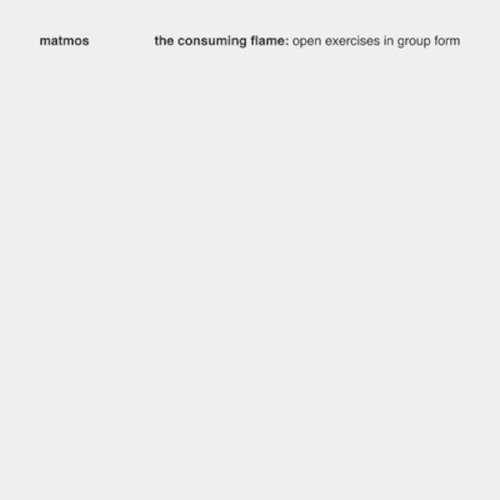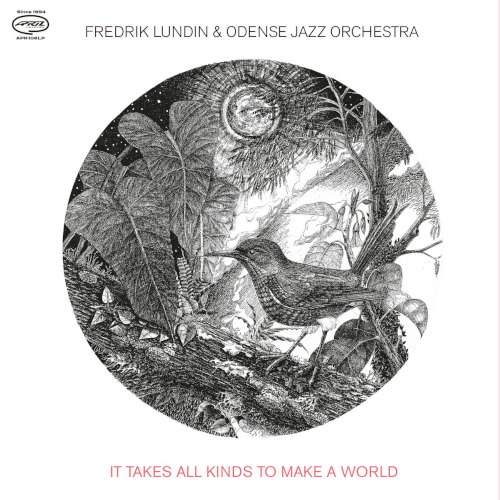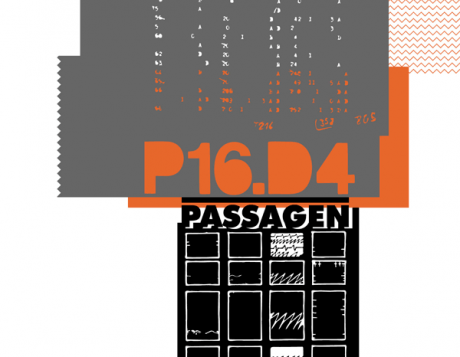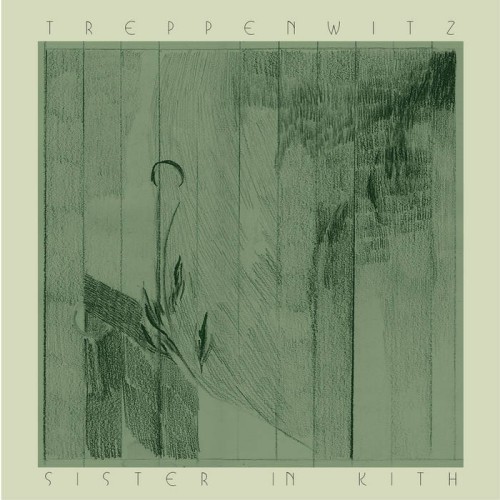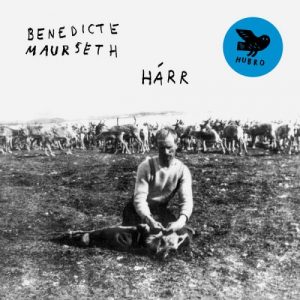 Benedicte Maurseth‘s love of her native landscape and the feeling of connectedness to her local Hardangervidda National Park informs a great deal of this latest album.
Benedicte Maurseth‘s love of her native landscape and the feeling of connectedness to her local Hardangervidda National Park informs a great deal of this latest album.
Forming a trio with eminent compatriots Mats Eilertsen and Håkon Stene, Benedicte goes about evoking the correlations between music and hiking, or more accurately the Norwegian term vandring, which I guess translates closely to wandering.
This sense of slow adventure experienced while being at one with the beauty that nature has to offer in a remote landscape is perfectly rendered here as the pieces move from found sound littered abstraction to rhythmic smorgasbords, all players and guests included lending weight to the momentum on Hárr.The Hardanger fiddle is an interesting instrument, somehow managing to sound forlorn and ancient, sweet and harsh in equal measure. The drift of a dreamlike landscape on opener “Augnast” introduces the listener to the pool of resources; the vista scoured with light, the fiddle evoking its story, clearing a way for the abstraction of “Heilo”. Mysterious bird calls and the lack of pace allow the mind to wander exactly as Benedicte would approve.
Various percussion and saxophones lend a whirling vibrancy which offsets the fiddle’s melancholy. It is a real taste of what the trio plus their pals can offer, but the album works so well because of the juxtaposition between tracks as momentum gives way to stasis and intensity gives way to open space. The atmosphere of the scenery is captured in the founds sounds; the lowing of reindeer and their dull bells, the passing of bees and the mystery of unknown birds. Allied to this are the voices captured on tape. These people and even the reindeer are now bound elementally to this landscape in our minds. The thought that these creatures we are hearing have long ago passed away somehow adds to the melancholy and the weight of history that hangs in the fiddle’s sound.It is like a walk in many ways; the sense that you are in the hands of the weather, the vibrancy and joy of movement which intersperses with moments of reflection as you spot a stand of trees and search for the birds crying within. There are points where the instrumentation stands out; Mats’ bass treads lightly over the patchwork of elements in “Kollasj II” and the ancient groan of Benedicte’s fiddle in “Hreinn” somehow evokes wood-smoke seen in the distance down in a valley. It smells of home and of peace.
Really though, Hárr is about the trio preparing this adventure for the listener and succeeding entirely. You are transported to a foreign place and that sense is almost palpable.-Mr Olivetti-
